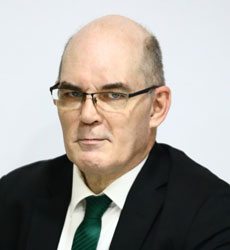Read this in The Manila Times digital edition.
LAST June, ahead of President Marcos' ban on Philippine offshore gaming operations (POGOs), Sen. Joel Villanueva introduced a bill that would ban virtually all forms of internet gambling. With attention being focused on the POGOs, or rather, Internet Gaming Licensees (IGLs), the name that the Philippine Amusement and Gaming Corp. (Pagcor) gave them to try to whitewash their dubious existence, Villanueva's Senate Bill (SB) 1281 fell off the radar. It should be dusted off and reintroduced because an excellent piece of investigative reporting on online gambling in Europe published this week by Follow the Money illustrates what can happen if it is not.
Follow the Money (FTM) is an independent media organization based in the Netherlands, and it primarily concentrates on the intersection between money and politics in the European Union. The report on internet gambling was written by a journalist named David Davidson and essentially tackled the question of why internet gambling is so rampant in Europe despite gambling, in general, being regulated stringently by both the EU and individual countries. Online gambling is legal in most of the EU, but there are rules about what types of games can be offered, registration of customers, and blacklists of customers who misbehave or have gambling addiction problems; in these latter cases, they can either have themselves added to lists voluntarily — as one Swedish man interviewed for the story did — or are sometimes added by order of a court.
Register to read this story and more for free.
Signing up for an account helps us improve your browsing experience.
ContinueOR
See our subscription options.


